How to use Layer Masks in Photoshop
Understanding Layer Masks in Photoshop, Tutorial
Once you start using Photoshop, you will quickly learn that one of the most important things to understand is the use of Layer Masks. All the cool layer blending, compositing, photo manipulation and even photo retouching required an understanding of Layer masks and how they work. This Photoshop CC tutorial will show you how to use Layer masks, and it is the same for any version of Photoshop if you don’t have CC.
If you are newer to Photoshop and not sure what layers are, check out this Layers 101 Tutorial, it also gives you a bunch of tips and ways to work quickly in Layers.
Also, check out our ultimate guide to layer blending modes in Photoshop. All the blend modes explained and practical ideas to use them, tutorials, explanations and a video overview.
I hope you enjoy this week’s tutorial. If you haven’t looked through PhotoshopCAFE in a while, dig around, you are in for a good surprise I have added a ton of new original tutorials and updated all the old ones, so they are shiny new 🙂 You won’t find this content anywhere else, its all PhotoshopCAFE original baby!
See you at the CAFE
Colin
PS Don’t forget to follow us on Social Media for more tips.. (I've been posting some fun Instagram and Facebook Stories lately)
You can get my free Layer Blending modes ebook along with dozens of exclusive Photoshop Goodies here

4 thoughts on “How to use Layer Masks in Photoshop”
Leave a Reply
How to use new Content aware fill in Photoshop CC 2019. How to remove objects in Photos, new Content Aware...
How to create a motion blur on a background to make a photo look like its moving. We will learn...
How to apply photo adjustments to multi layered images. Tips for clipping adjustment layers to single layers and how to...







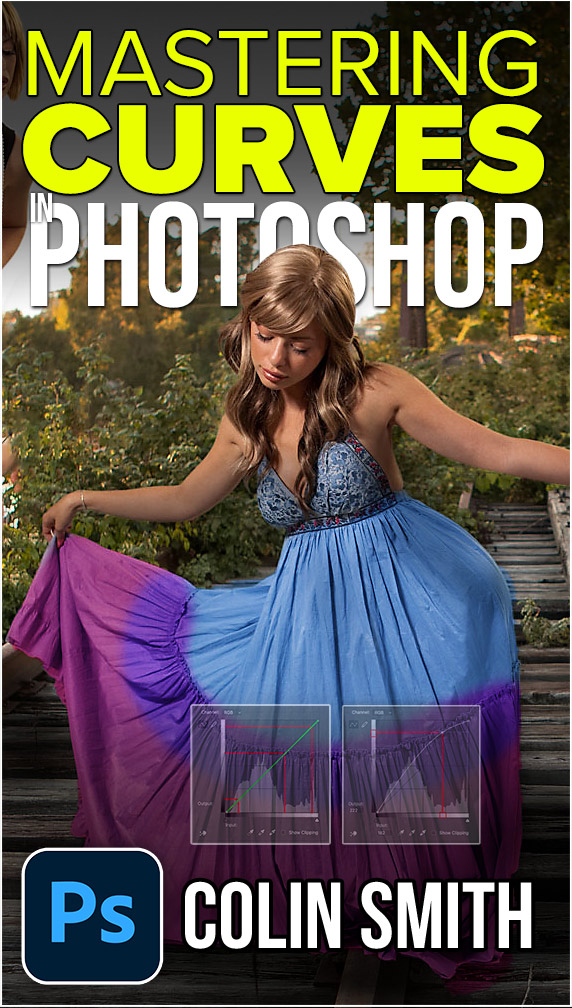
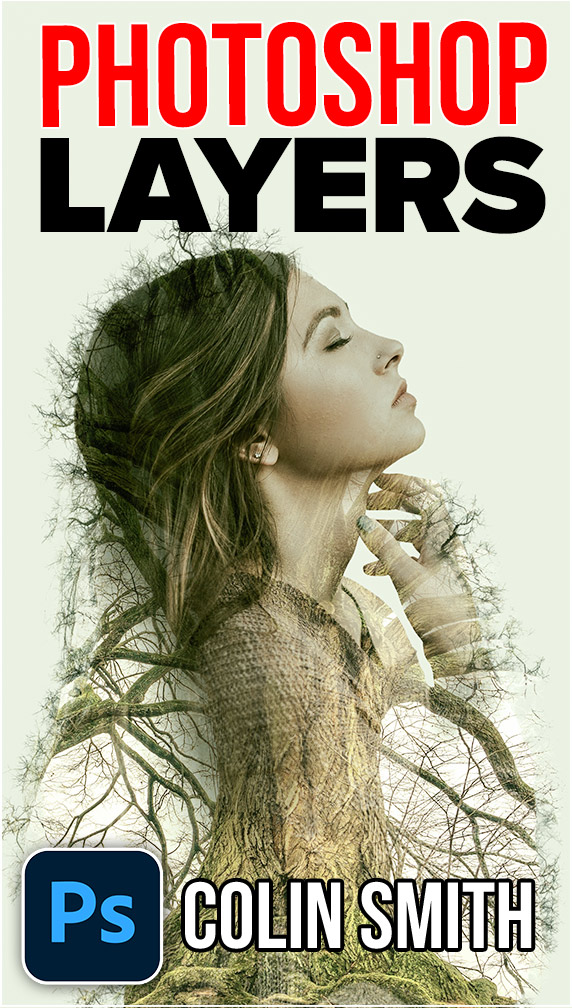
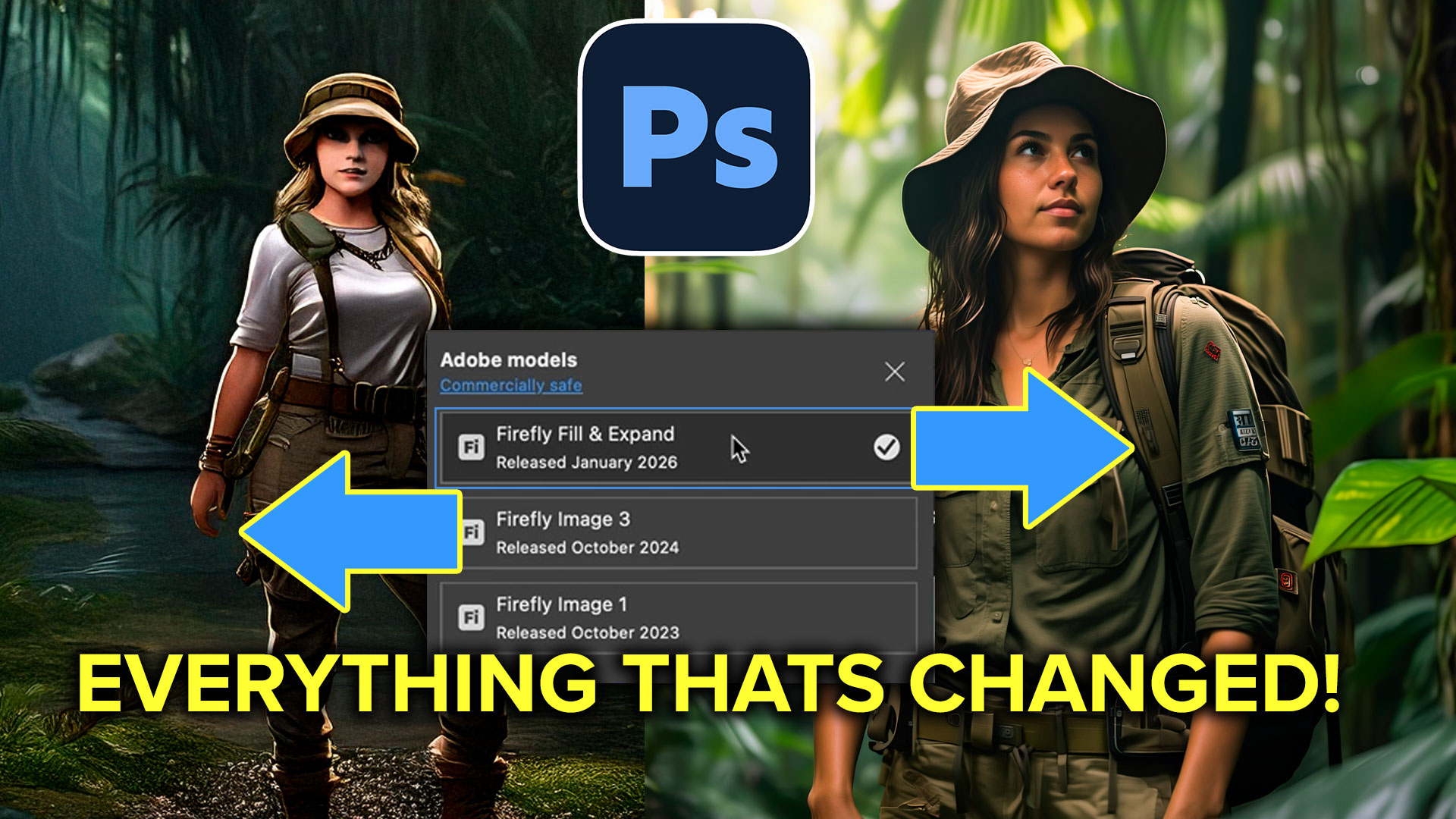



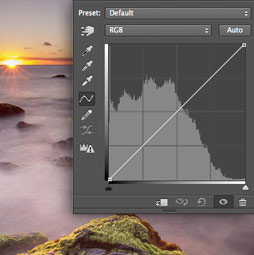

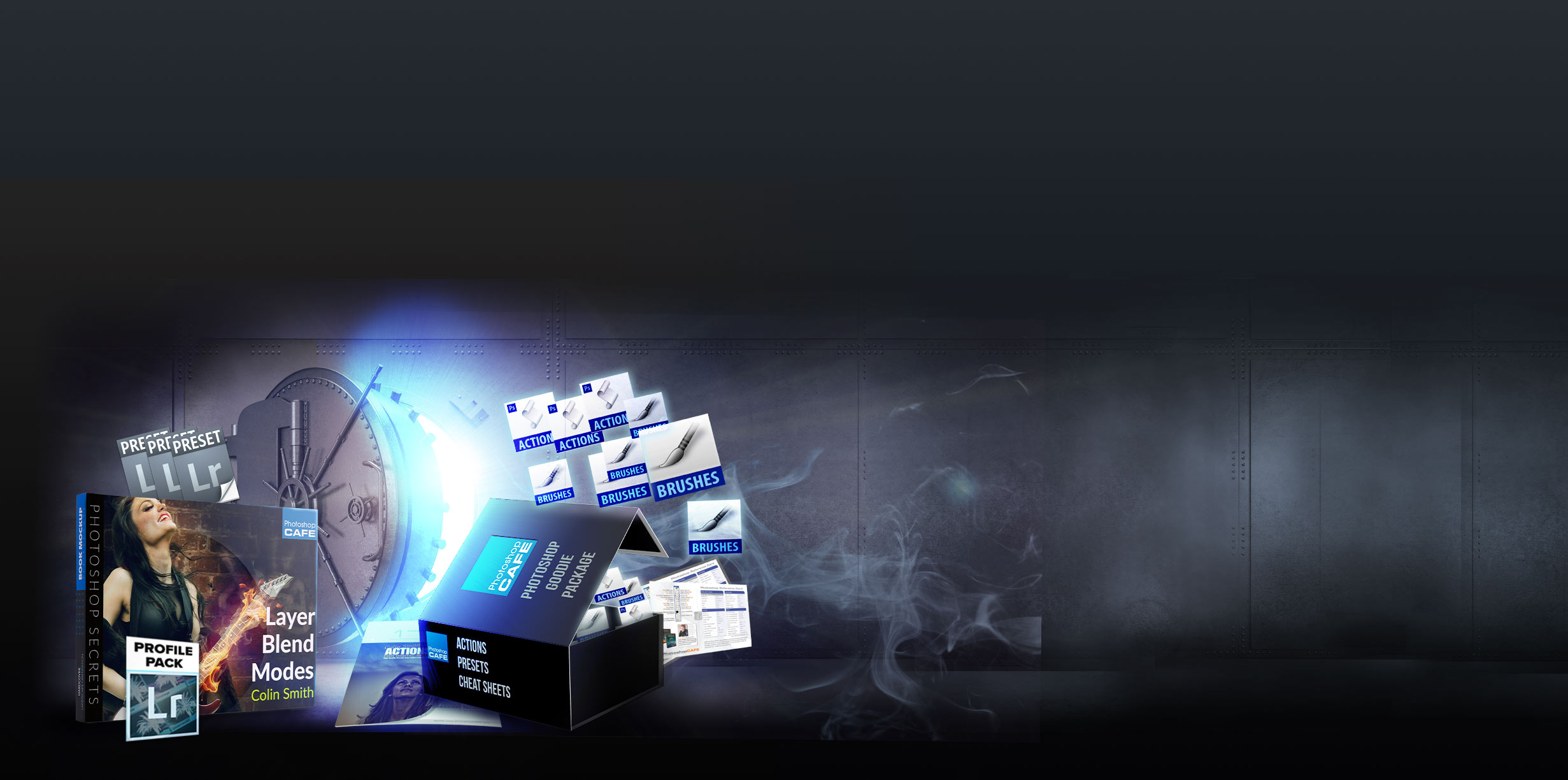
This is a well explained tutorial with excellent demonstrations. I understand layer masks so much better now, thank you 🙂
thanks
Colin! this is another great job, you’ve done. So, there is a big opportunity to use Layer Mask is we can do something without destruction of key image.
An excellent tutorial, so well explained. Thank you Colin